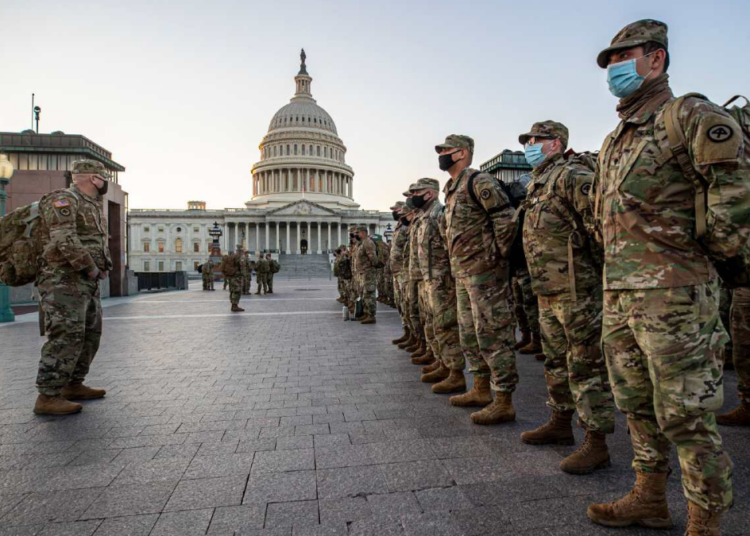Under the Biden administration, the US military is facing criticism for its abortion policies, which some argue diverge from its core mission of protecting American lives. The administration is using taxpayer dollars to incentivize service members to undergo abortions and reimbursing them for travel costs to states where abortion is legal. Pro-life lawmakers in Congress are called upon to hold the administration accountable and challenge these policies as violations of federal law.
Sen. Tommy Tuberville, a member of the Senate Armed Services Committee, has taken a stand against the Biden administration’s abortion policy by blocking military promotions and nominations. He argues that the policy goes against established laws, including the bipartisan Hyde Amendment, which prevents taxpayer funding for most abortions. The Department of Defense (DOD) is prohibited from using funds for abortions, except when the life of the mother is at risk, but the Biden administration’s policy appears to disregard this limitation.
It is noteworthy that President Biden himself had voted for legislation in the past that prohibited the Veterans Administration from covering abortions. The administration’s eagerness to prioritize its political agenda over national defense is seen as a breach of the law Biden once supported.
Concerns have been raised about the military’s abortion policy, including the coverage of elective abortions in the late stages of pregnancy. The DOD has been evasive in providing clarification on this matter, implying that the military potentially covers late-term abortions and associated costs, such as travel and accommodations.
Critics argue that the policy not only contradicts pro-life principles but also aligns with the abortion practices of countries like China and North Korea. They further contend that the policy provides financial support to these types of abortions using taxpayer dollars.
Another criticism is that while service members receive up to three weeks of paid time off for abortions, they are not granted leave in cases of the death of a parent or for experiencing a miscarriage or stillbirth. The disparity in support for elective abortions versus other familial losses is revealing of the administration’s priorities.
There are concerns that permissive abortion policies within the military could potentially expose female service members to abuse and coercion by male officers. The power dynamics could be exploited to pressure pregnant officers into unwanted abortions, allowing abusers to cover up their actions.
Statistics suggest that thousands of active-duty servicewomen seek abortions annually, resulting in potentially thousands of abortions funded by the Department of Defense each year. Military-funded abortions should not take precedence over other pressing military budget priorities, such as ammunition shortages and recruitment challenges.
In conclusion, pro-life lawmakers are urged to go beyond denouncing the abortion policy within the Department of Defense and take action to protect both born and unborn Americans by supporting efforts to challenge the current policies and prioritize the military’s core mission of protecting American lives.




















Discussion about this post